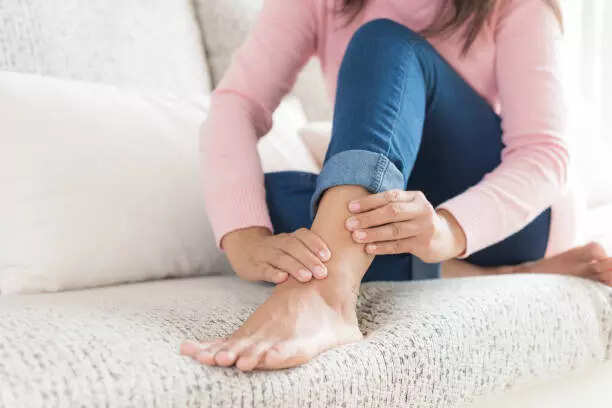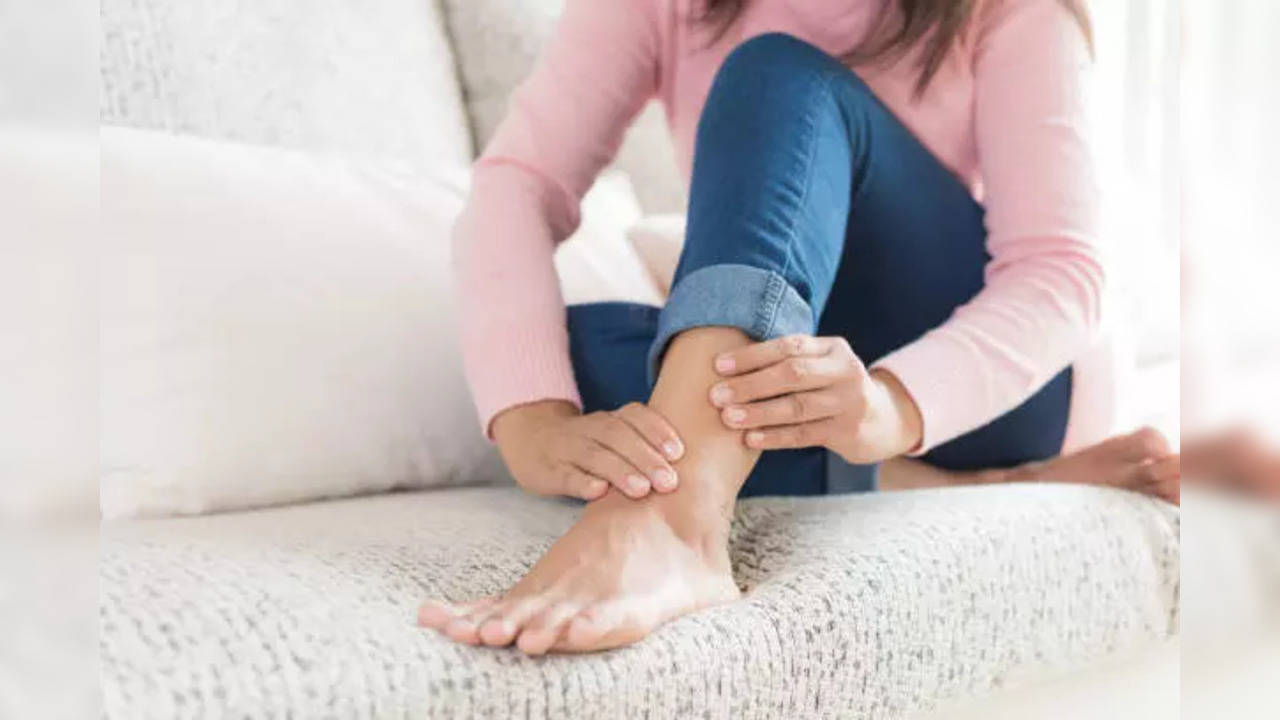
18-year-old Aimee Singleton had woken up on April 2 at 6am with pain in one limb, and soon she collapsed in the bathroom.
Photo : iStock
Aimee Singleton, after complaining of soreness, noted that her leg started to swell and was twice the size when she collapsed in the bathroom. By the time she reached the hospital, since the ambulance took too long to arrive, Singleton had suffered from several cardiac arrests one after the other and by the time she arrived at the hospital, her heart was too damaged to be repaired.
What is a blood clot?
What are the symptoms of a blood clot?
A blood clot can have the following symptoms:
- Redness
- Warmth
- Swelling
- Sudden, sharp chest pain
- Coughing up blood
- Sudden breathlessness
Some people are more prone to blood clots than rest. Read on to know who is at a higher is the suffering from clots:
- Use of combined contraceptives
- Pregnancy
- Childbirth
- Smoking
- Obesity
- Being overweight
- Rheumatoid arthritis
- Crohn’s disease
In order to prevent blood clots, one must maintain a healthy body weight, drink lots of water and stay active. Wearing comfortable, loose clothes can also help.
Disclaimer: Tips and suggestions mentioned in the article are for general information purposes only and should not be construed as professional medical advice. Always consult your doctor or a dietician before starting any fitness program or making any changes to your diet.

